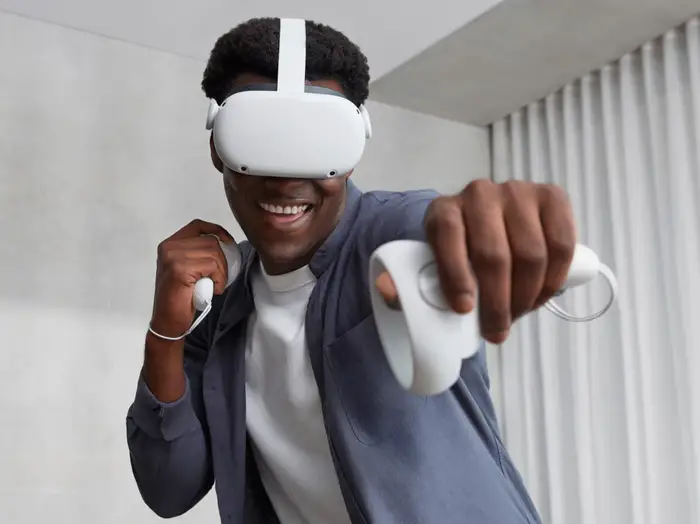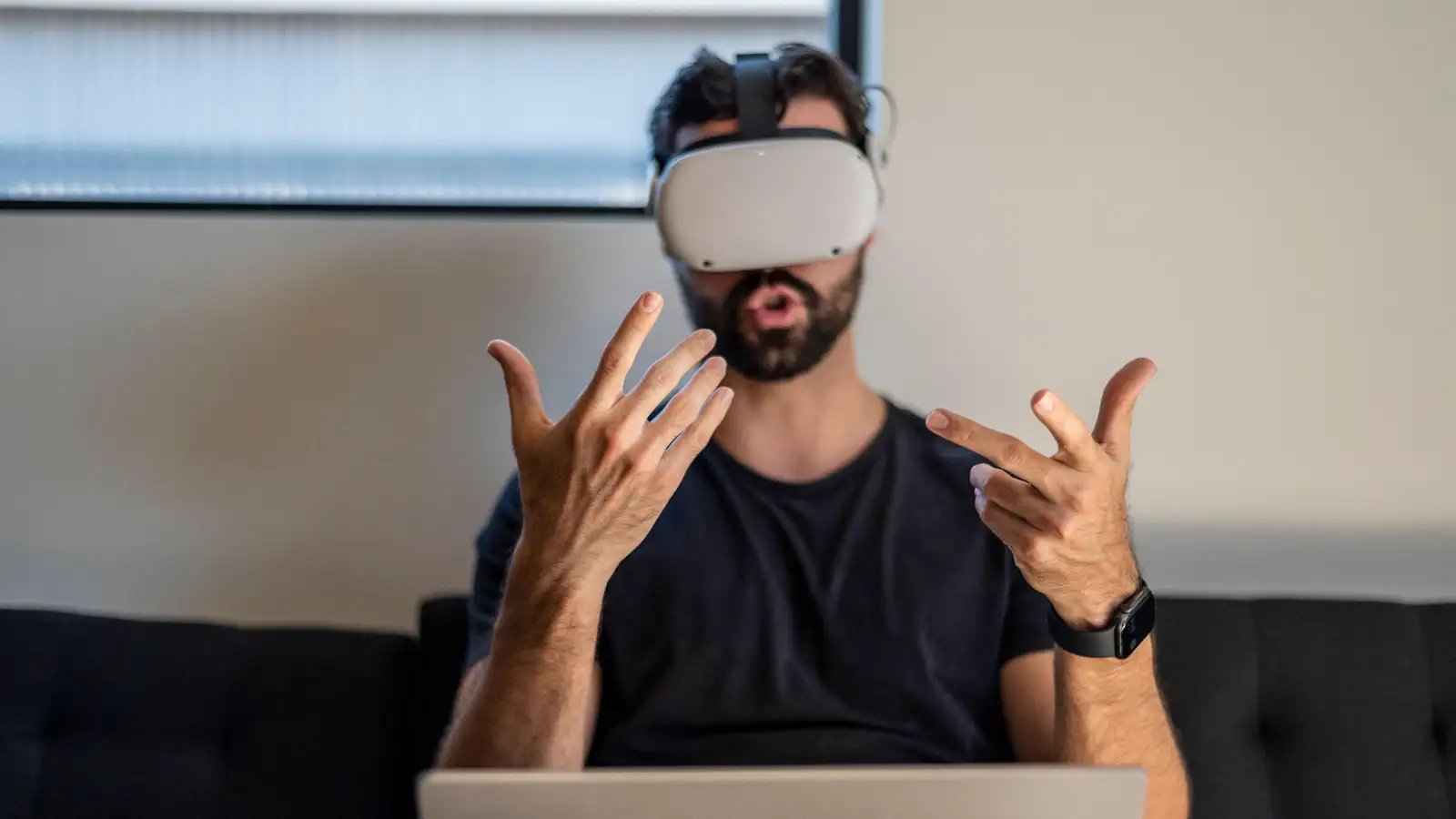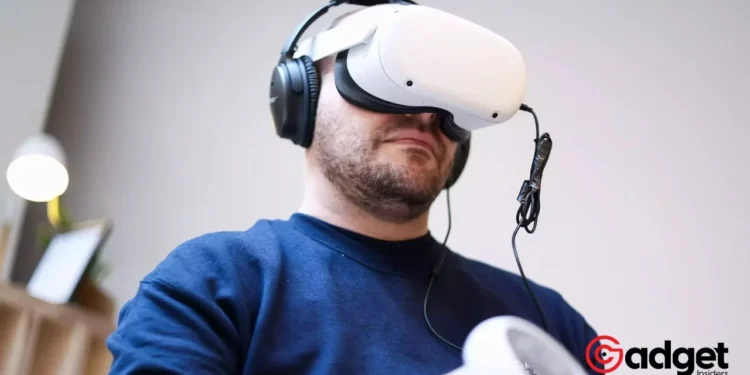In the ever-evolving landscape of virtual reality (VR), a groundbreaking study has surfaced, casting a shadow over the security of Meta’s VR headsets. This revelation comes at a time when virtual reality technology is reaching new heights, promising users an immersive experience like no other. However, the recent findings by researchers at the University of Chicago suggest a potential breach in the fortress of VR’s digital realm, introducing the term “inception attack” into the lexicon of cybersecurity concerns.
The Mechanics of Inception Attacks
An inception attack, as uncovered in the new study, represents a formidable cybersecurity threat. This type of assault enables malicious actors to gain control over a user’s VR environment. The attacker can manipulate the VR experience, creating a false reality that traps the user within a simulated world, unbeknownst to them.
This not only compromises the privacy of the user by allowing the attacker to spy on their activities but also grants them the ability to alter the user’s interactions within this virtual space.

The researchers demonstrated how, by exploiting the vulnerabilities present in Meta VR headsets, an attacker could install malware that simulates the device’s home screen. To the user, everything appears normal; they believe they are navigating through their usual VR applications.
In reality, they are ensnared in a fabricated world, meticulously crafted by the attacker, where every action can be monitored and manipulated.
The Experiment and Its Findings
The University of Chicago team’s experiment involved the creation of cloned versions of popular VR applications, such as the Meta Quest Browser and VRChat. Through these replicas, the researchers were able to observe and interfere with the user’s virtual activities.
One alarming scenario described in the study involved a user attempting to transfer money. The attacker could covertly alter the transaction amount, while the user remained oblivious to the deception, seeing only the original amount on their confirmation screen.

This sophisticated method of attack was tested on 27 individuals, with only a third of participants detecting any anomaly, which most dismissed as a typical performance glitch. This alarming success rate underscores the insidious nature of inception attacks and their potential to go unnoticed by the majority of users.
Meta’s Response and the Quest for Security
The study’s implications are vast, particularly for Meta, a leading force in the VR industry. The timing of these findings is especially poignant, as Meta CEO Mark Zuckerberg has been vocal in critiquing competitors like the Apple Vision Pro, asserting its inferiority.
Despite the study not yet undergoing peer review, its initial reception by the MIT Technology Review has sparked a conversation about the need for rigorous security measures in VR technologies.
'Inception attacks' on Meta VR headsets can trap users in a fake VR environment, researchers found https://t.co/pxjw4QH0Z3
— Business Insider (@BusinessInsider) March 13, 2024
Meta, for its part, has yet to issue a formal response to the findings. However, a spokesperson has indicated the company’s intention to review the study closely, highlighting Meta’s ongoing engagement with academic researchers to fortify its systems against such vulnerabilities.
The Future of VR Security
As VR continues to push the boundaries of digital experiences, the discovery of inception attacks serves as a critical reminder of the importance of cybersecurity in safeguarding the integrity of these virtual worlds.
The collaborative efforts between technology companies and the academic community are essential in identifying and addressing these vulnerabilities, ensuring that the future of VR remains secure and trustworthy for users worldwide.

While the virtual reality landscape offers a realm of limitless possibilities, it also presents new challenges in the domain of digital security.
The unveiling of inception attacks emphasizes the need for constant vigilance and innovation in protecting the privacy and safety of users, ensuring that the virtual world remains a space of exploration, not exploitation.










